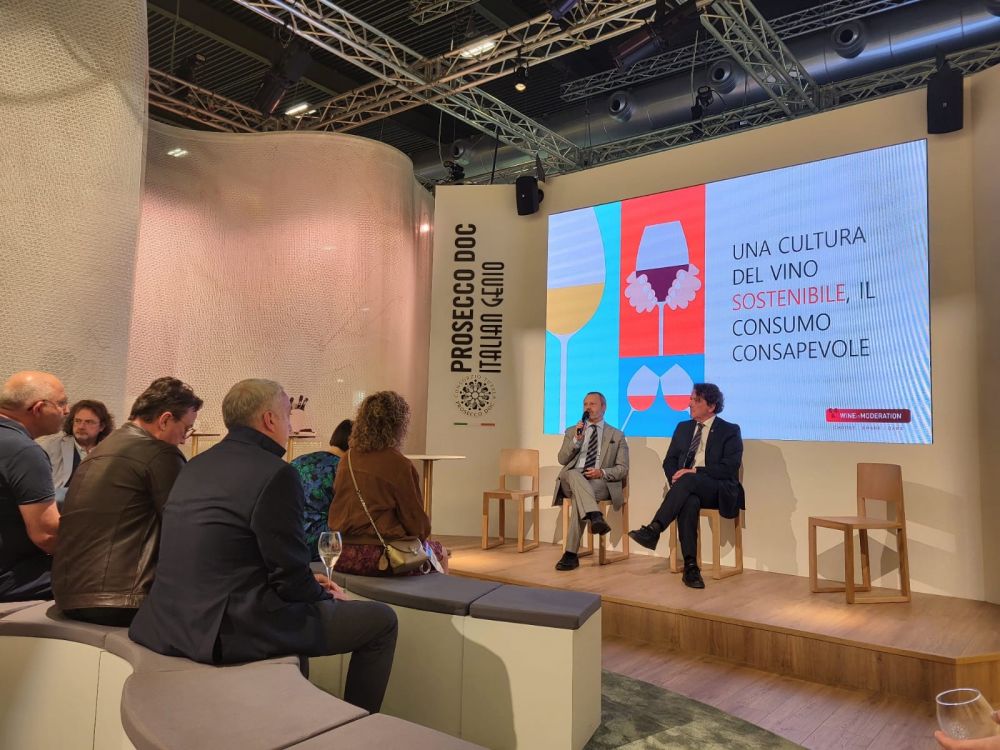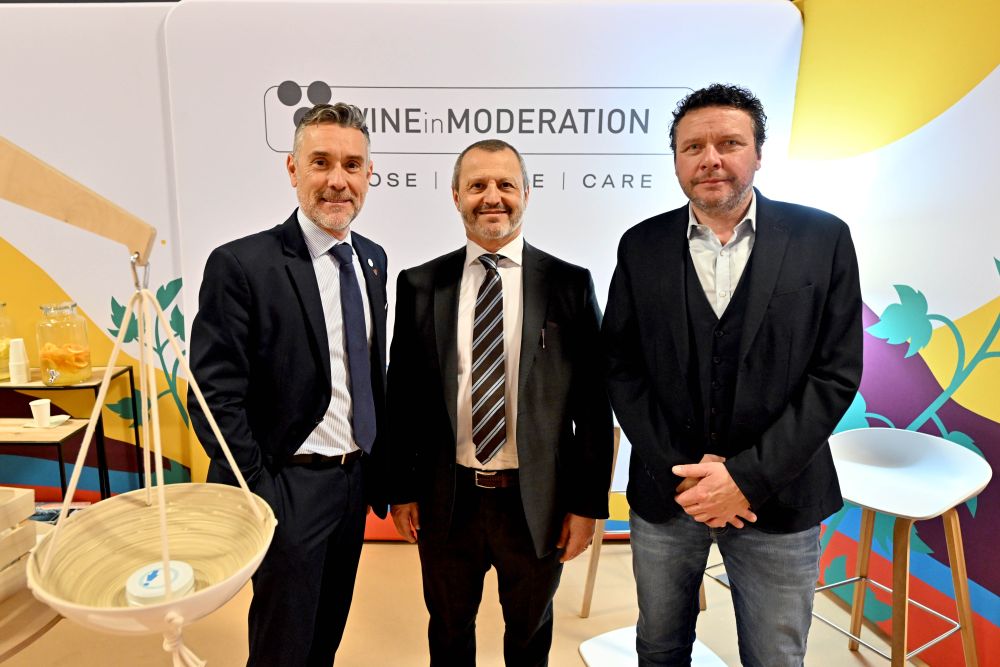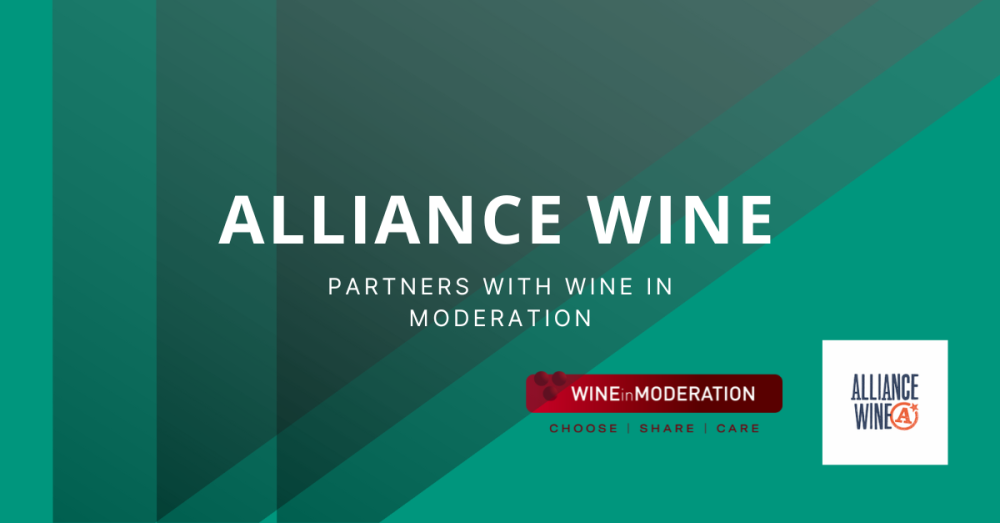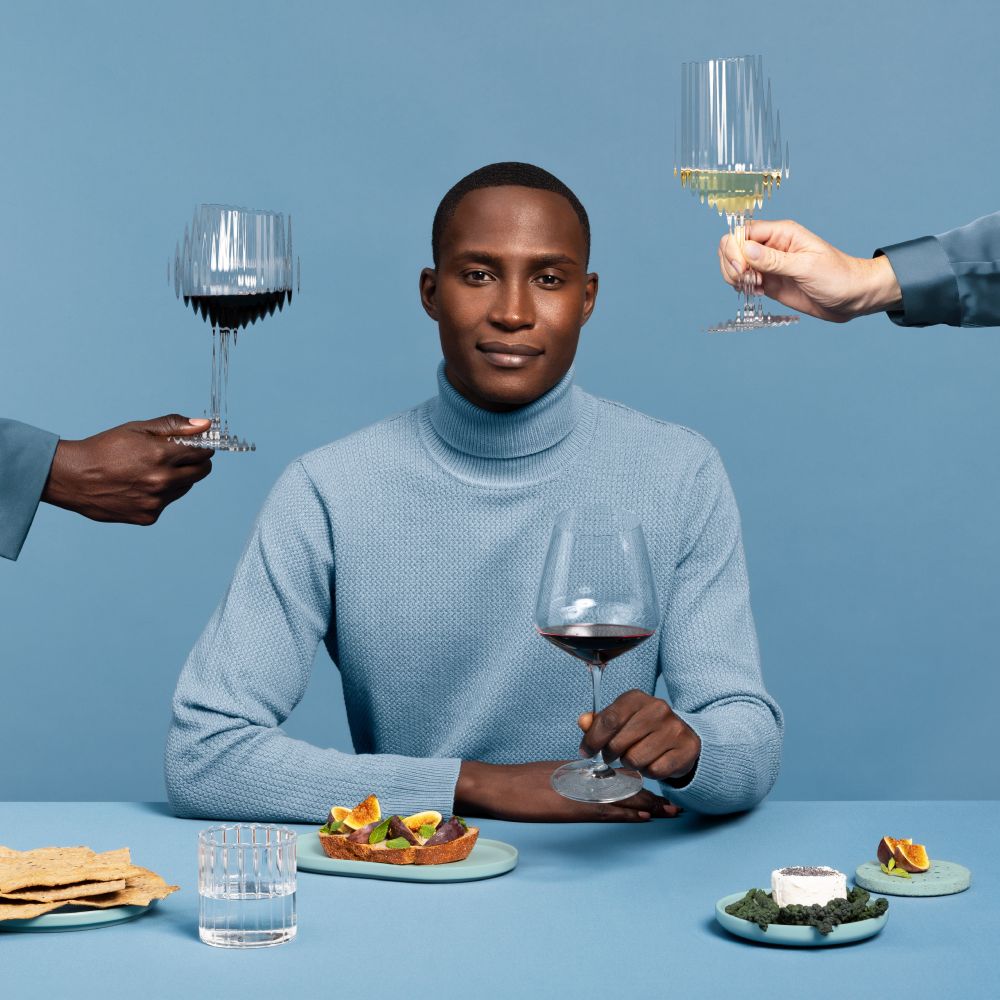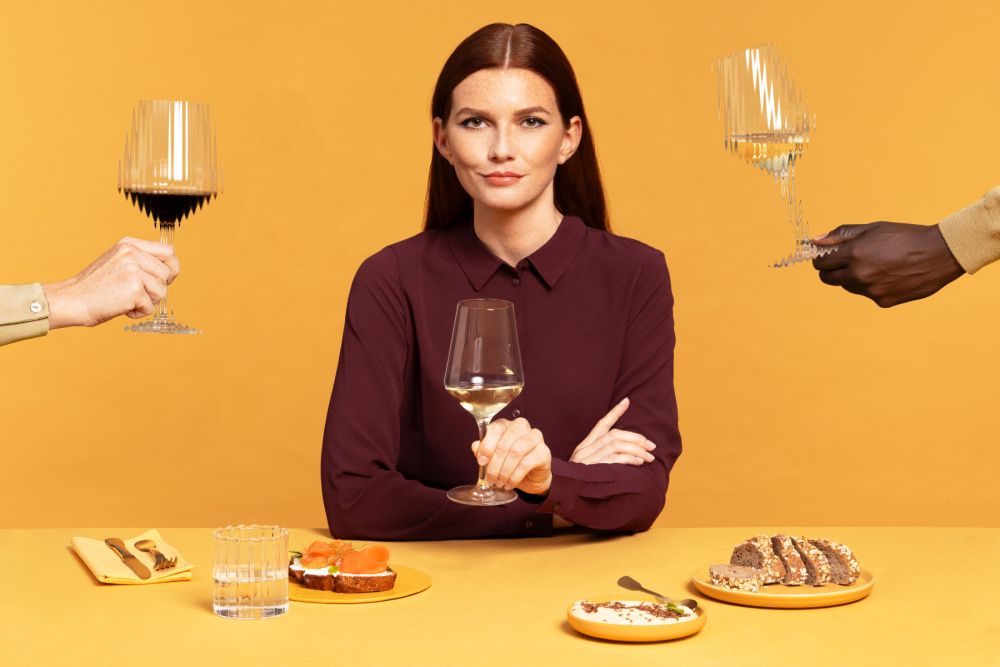21.02.2019
The Future Role of Wine in Society - From Consumption to Cultural Heritage
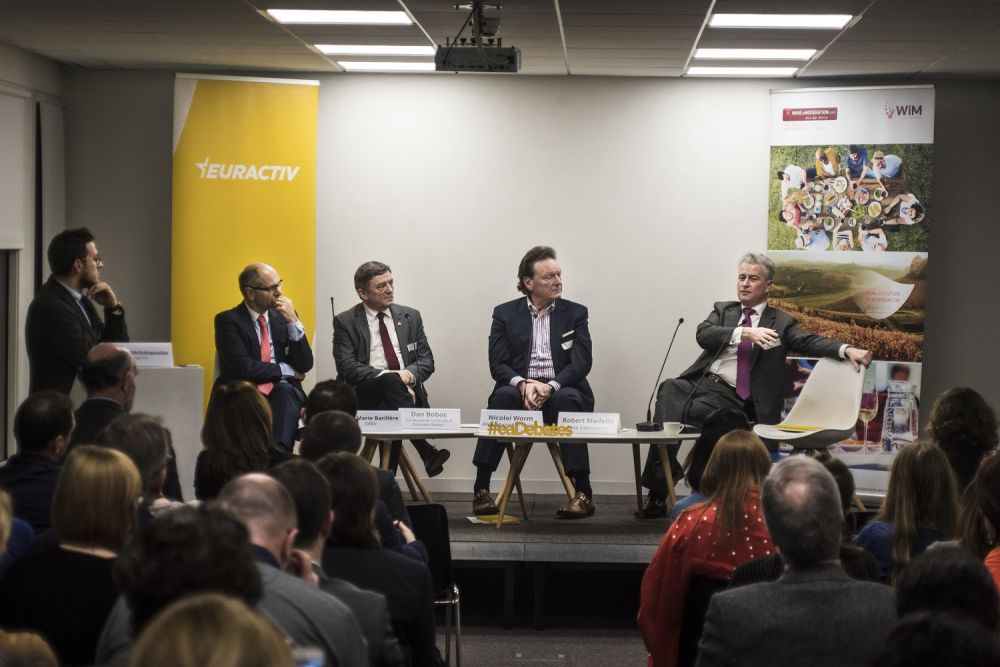
Press Release – Brussels, Belgium, February 20th, 2019 – An important debate on “The Future Role of Wine in Society – from Consumption to Cultural Heritage” took place on 19 February in Brussels.
Over 80 participants from different backgrounds and nationalities including European Commission officials, national authorities, regional representatives, and key stakeholders of the wine sector gathered at the event organised by Euractiv, the well-known European media outlet, supported by Wine in Moderation.
Four key speakers gathered around the table to debate the role of wine in the sustainability of our societies: Dan Boboc, from the Faculty of Agrofood and Environmental Economics, in Bucharest; Robert Madelin, Chairman & Partner, Fipra International and architect of the European Alcohol and Health Forum; Nicolai Worm, Nutritionist, Chair of the Wine Information Council and Jean-Marie Barillère, President of the Comité Européen des Entreprises Vins.
Speakers and guests discussed the challenges surrounding the sustainability of wine, analysing the importance of moderation in healthy lifestyles and the need for education to help professionals and consumers make responsible choices.
George Sandeman, President of the WiM Association said: “With 10 years of activity and growth the Wine in Moderation program has shown tangible results in bringing a message of sensible wine consumption to wine professionals and consumers alike.” He added “As we go forward, we will continue working hard to educate society how to fully enjoy wine and its culture in a healthy, sustainable and convivial way.”
Also explored was the contribution of today’s wine culture to society and the sustainability of our rural communities, pointing out the links of wine and gastronomy, wine tourism, but also the positive environmental impact of vine cultivation, etc.
Jean-Marie Barillère, President of the Comité Européen des Entreprises Vins commented: “Wine is more than just a product – it is a culture and a socio-economic reality, especially in rural areas where few or no alternatives exist. This wine culture is intrinsically linked with the concepts of responsibility and moderation. It is in this context that Wine in Moderation promotes and safeguards the sustainability of the wine culture.”
The latest research about wine and health was also presented by Prof. Nicolai Worm, Nutritionist and chair of the Wine Information Council. “Wine can be compatible with a healthy lifestyle” he said “as it was shown in studies when wine was part of a Mediterranean-style diet and mainly enjoyed with the meal. However, research shows that excessive consumption of wine can lead to severe negative health effects.”
The discussion would not be complete without mentioning the importance of working together and partnerships; Robert Madelin congratulated the wine sector for this important achievement underlining the courage to unite 10 years ago and to launch an innovative commitment for a long-term process. In parallel, Dan Boboc presented the evolution of wine culture in Romania and sustained the intrinsic link between wine and sustainability confirming the need for such a unique CSR programme.
Participants contributed to the debate raising questions and challenging the speakers.
The event culminated with a networking wine tasting where participants had the opportunity to explore and enjoy the culture of wine through an experience built around diversity and quality.
